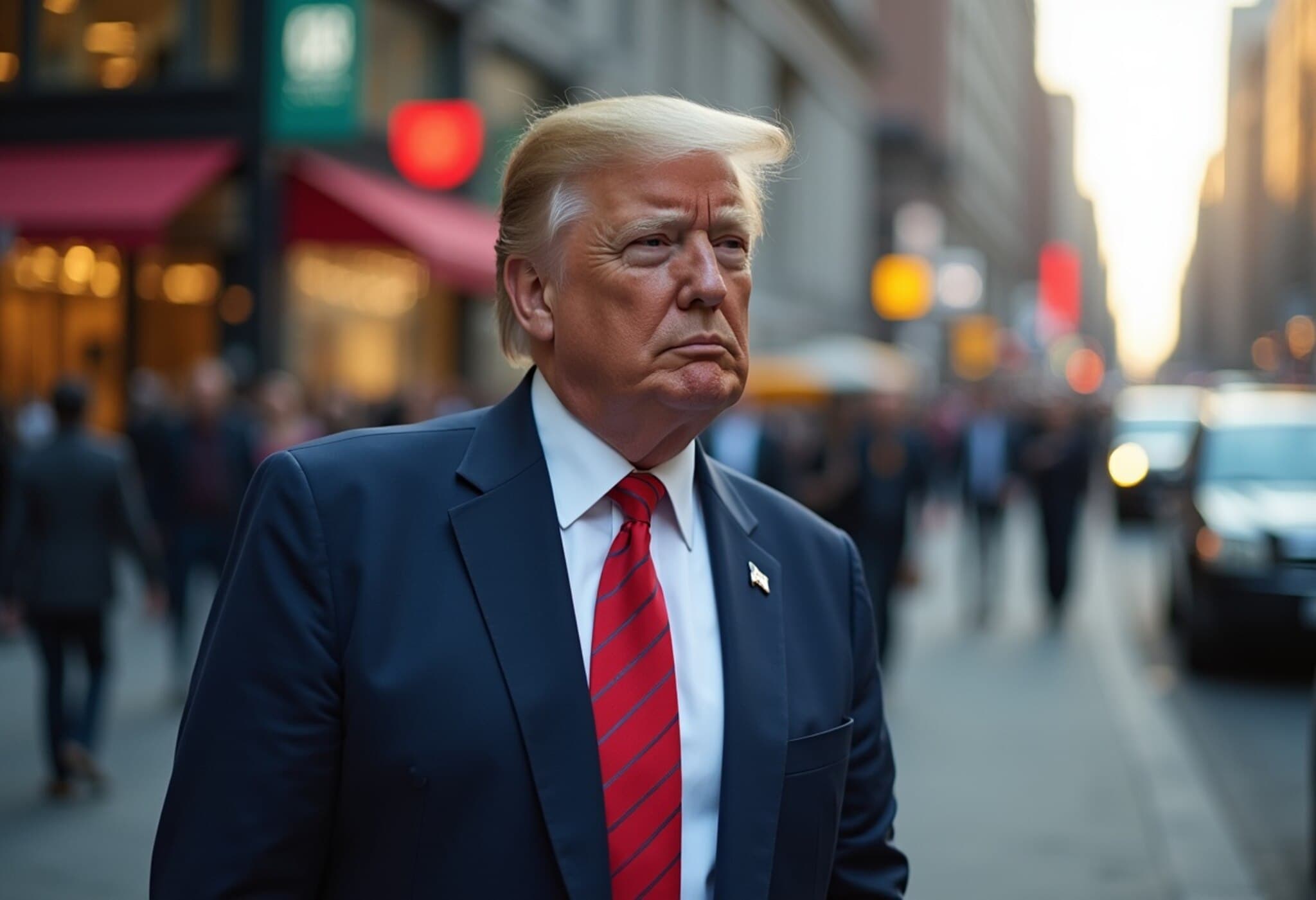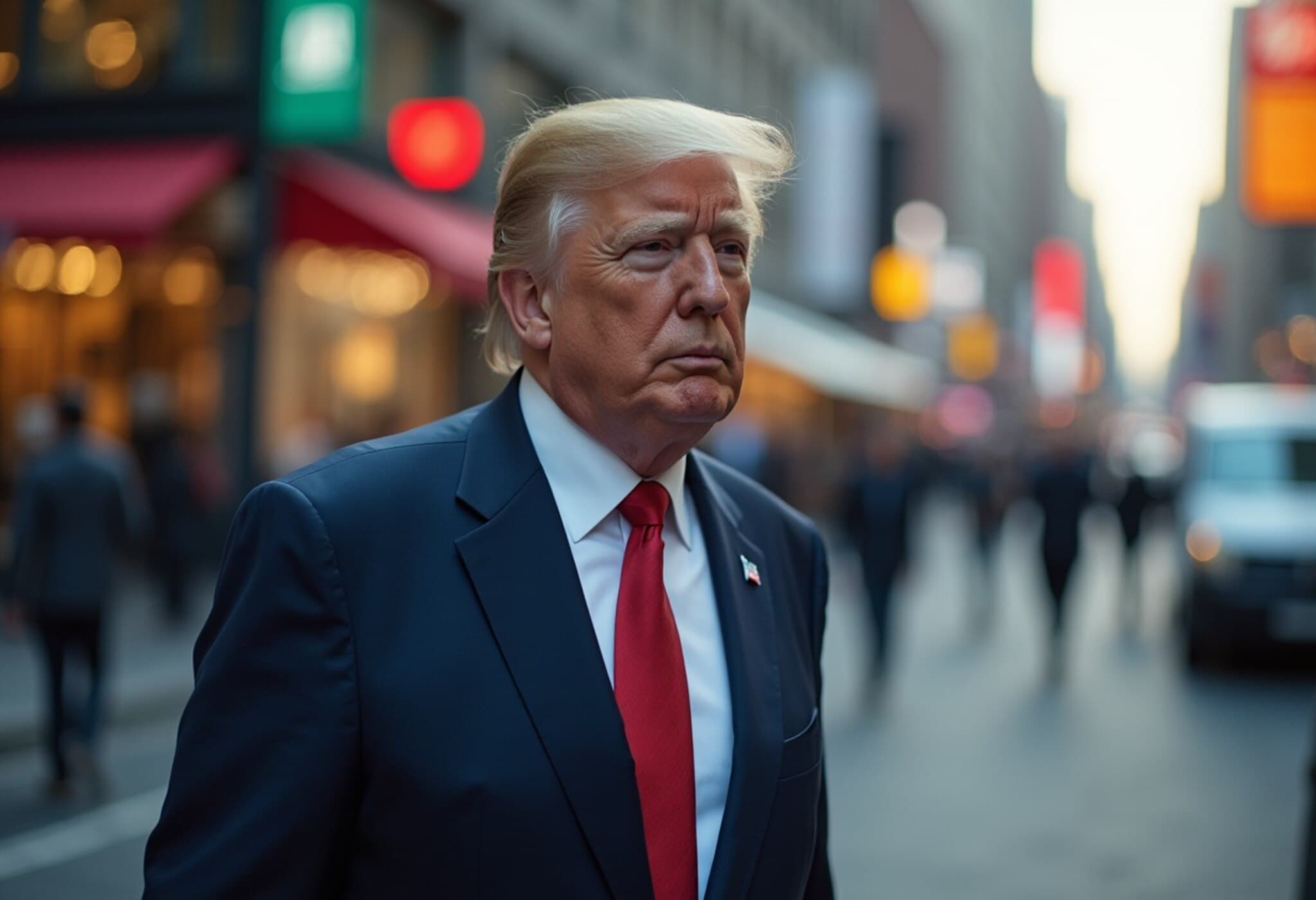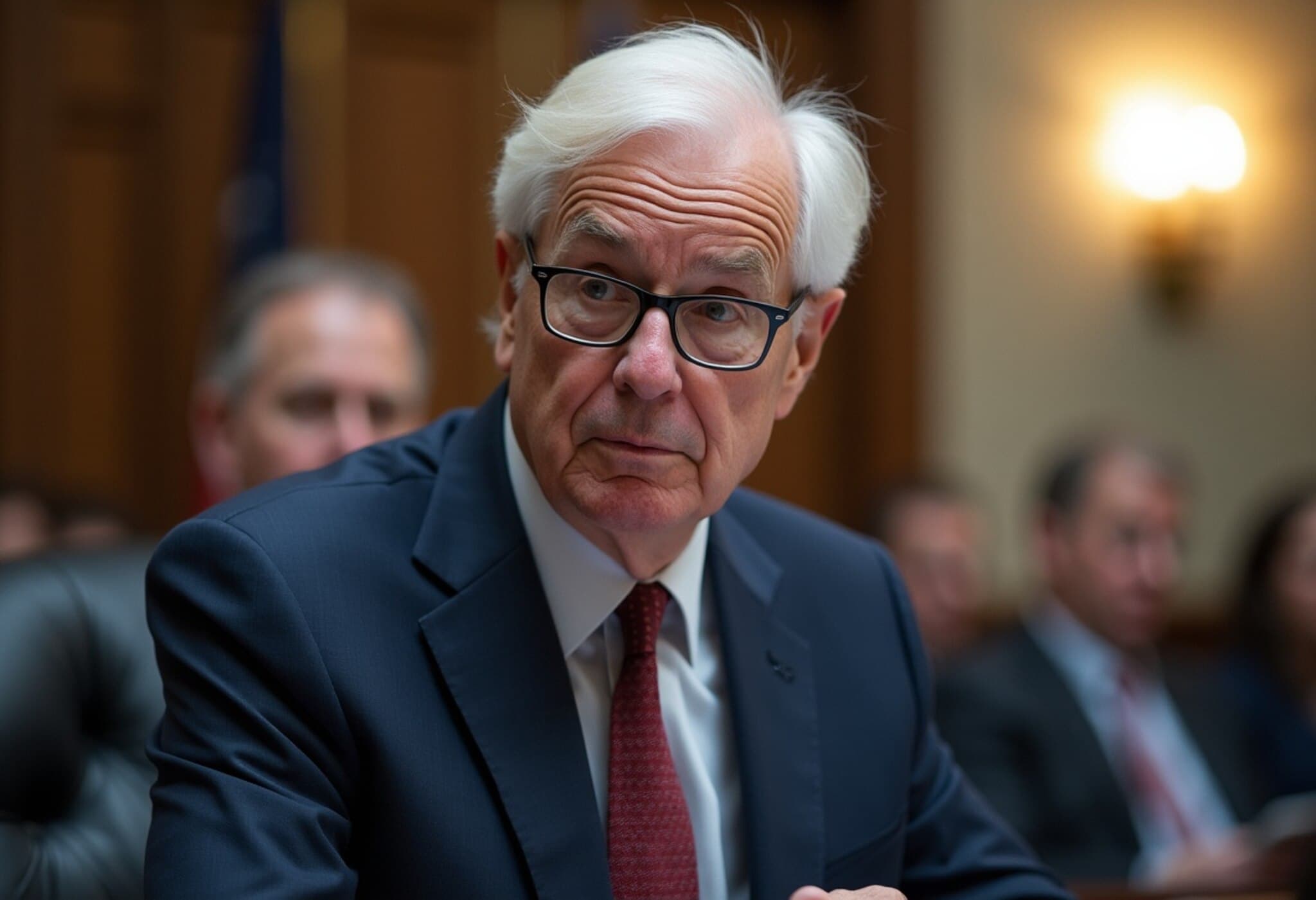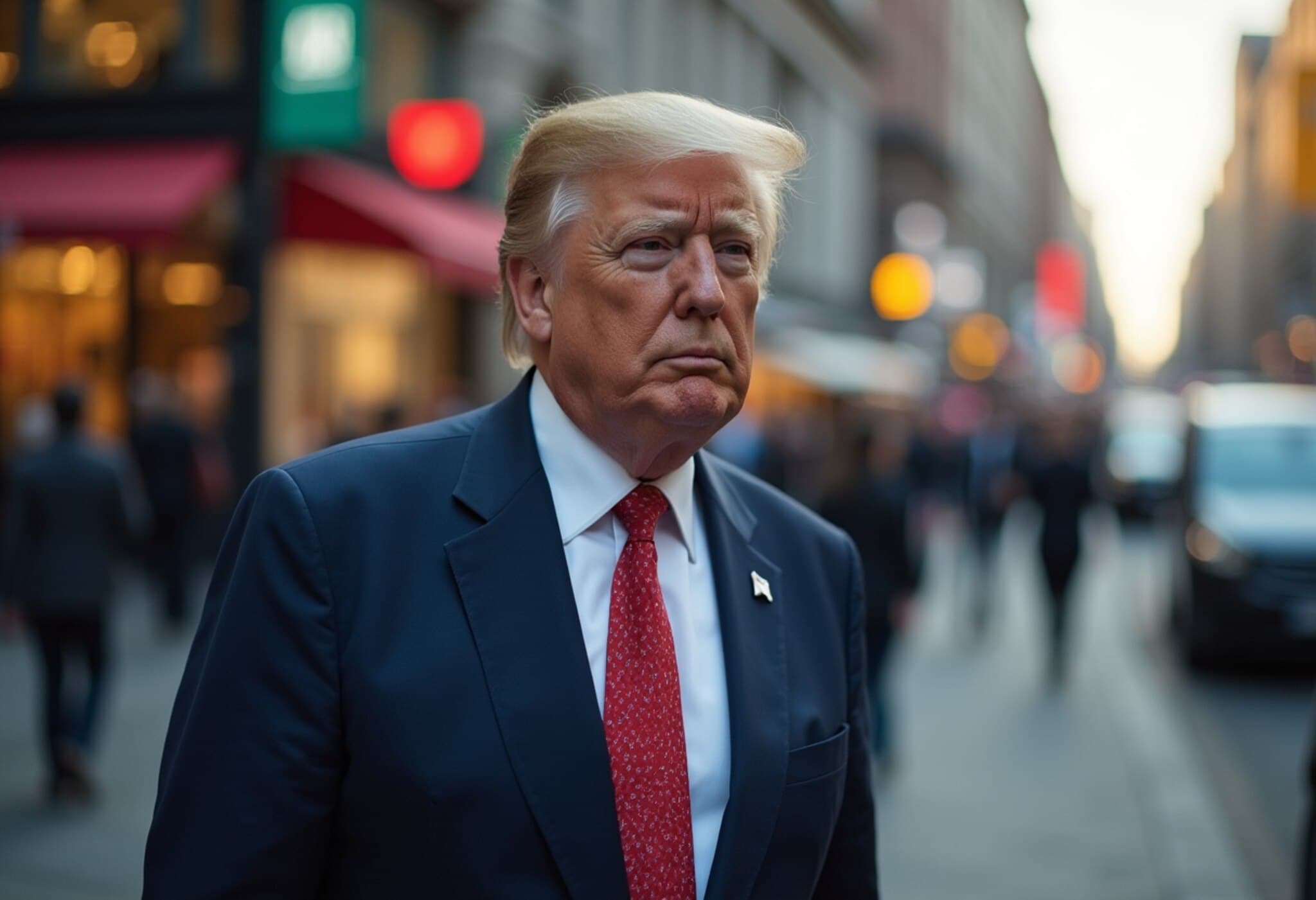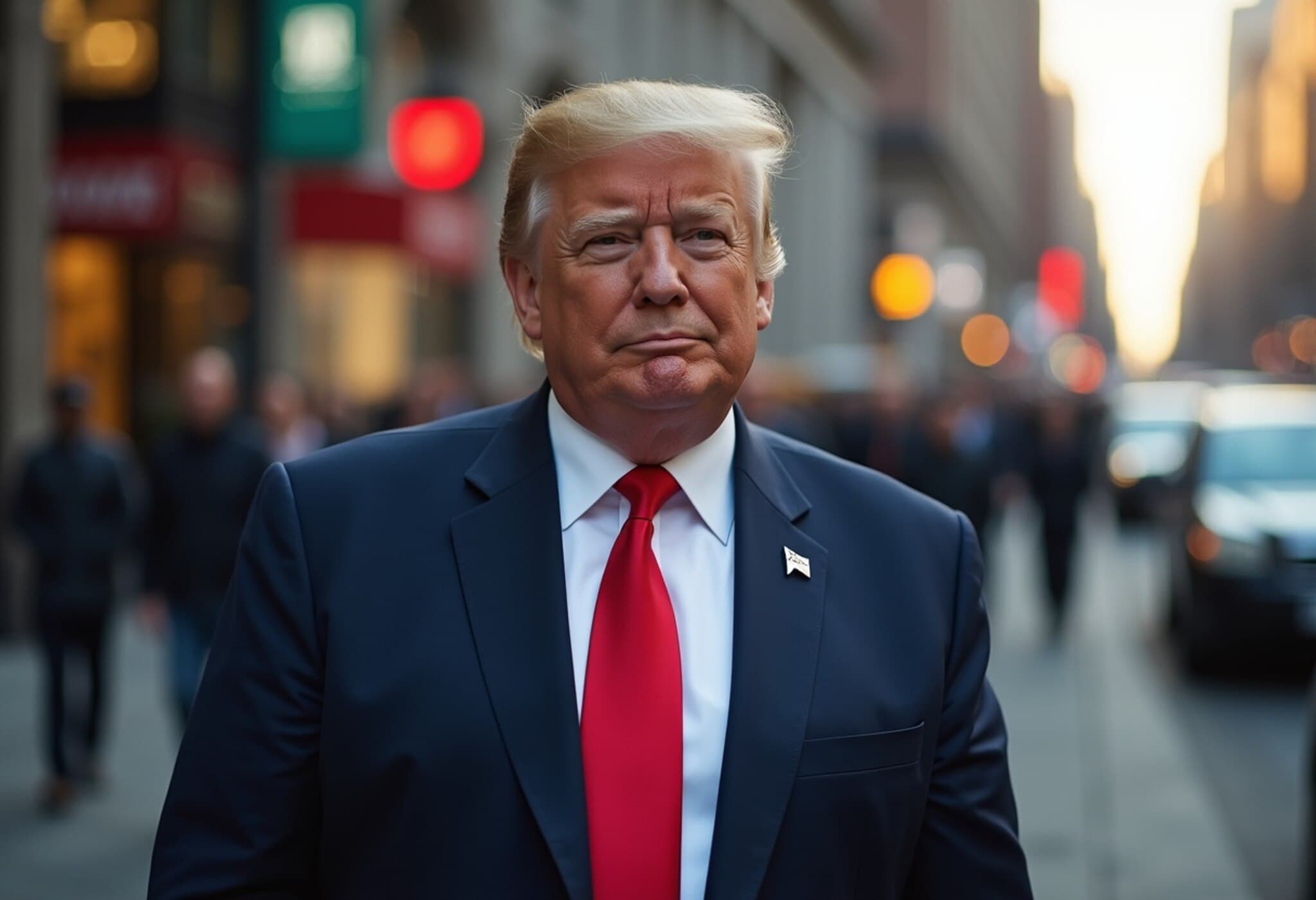U.S. Economy Holds Strong Despite Tariff and Inflation Concerns
As global markets navigate a maze of trade tensions and inflationary pressures, the U.S. economy presents a surprisingly sturdy front this summer. June retail sales and weekly jobless claims indicate a robust consumer base that's defying widespread recession fears. This resilience has underpinned record-breaking performances on Wall Street, with both the S&P 500 and Nasdaq reaching new historic highs amid the ongoing earnings season.
However, the looming August 1 tariff deadline set by the Trump administration injects an air of uncertainty into the otherwise positive economic narrative. While current data portrays strength, economists caution that tariffs’ full impact may surface with a delay, as businesses and consumers often adjust behavior by stockpiling goods beforehand.
Markets Steady on Strong Fundamentals
Recent trading activity reveals that investor confidence is more firmly rooted in concrete economic indicators rather than speculative fears. Wall Street’s rally isn’t just a fleeting updraft but is supported by genuine earnings growth and consumer spending. The S&P 500 closed at 6,297.36—a 0.54% increase marking its ninth record of 2025—while the Nasdaq climbed 0.75%, reaching 20,885.65, its tenth record close this year.
Across the Pacific, Asian markets showed more mixed results. Nonetheless, Australian equities also hit record highs, reflecting pockets of optimism amid global economic volatility.
Experts Weigh In: Arbitrage vs. Market Manipulation in Emerging Markets
The fine line between arbitrage strategies and market manipulation has long challenged regulators and investors alike. India’s recent crackdown on Jane Street, a prominent high-frequency trading firm, spotlights this complex issue. Experts explain that while arbitrage involves exploiting price differences for profit without distorting markets, manipulation deliberately alters market conditions to deceive or disadvantage other participants.
This enforcement action underscores the need for clearer regulatory frameworks as technological advances empower faster, more complex trading activities that can blur legal boundaries.
Global Economic Signals: Japan’s Cooling Inflation and U.S. Consumer Spending
On the international front, Japan's inflation rate eased to 3.3% in June from a 29-month peak of 3.7%, largely due to a slowing rise in rice prices. While still elevated, this moderation offers a glimpse of relief in one of the world's most sensitive inflation landscapes.
Meanwhile, the American consumer continues defying cautionary forecasts. June's retail sales data revealed a willingness to spend, pushing back against narratives of a looming recession. Alternative data sources confirm that, despite economic headwinds, consumers are maintaining their spending momentum—an encouraging sign for sustained economic growth.
The New U.S. Visa Integrity Fee: What Travelers Should Know
In a bid to enhance the integrity of the U.S. immigration system, the government has introduced a $250 visa integrity fee applicable to all visitors requiring a visa to enter the country. Enacted under the Trump administration's latest policy package, the fee is mandatory but may be reimbursed under specific circumstances.
This measure seeks to deter visa misuse while safeguarding legitimate travelers and streamlining immigration processes—a balancing act critical to national security and economic interests.
Looking Ahead: Navigating Economic Uncertainty
While the current economic indicators are promising, the shadows cast by impending tariffs and evolving global markets warrant cautious optimism. Policymakers, businesses, and consumers alike must brace for volatility while leveraging underlying economic strengths to sustain growth.
In this dynamic environment, vigilance and adaptability remain the watchwords.
Editor’s Note:
- The U.S. economy is demonstrating remarkable resilience amid uncertainties, but the delayed effects of tariffs and inflation could alter the trajectory in coming months.
- Regulatory clarity around trading practices, especially high-frequency activities, is increasingly essential as markets evolve.
- Consumer behavior continues to be a pivotal factor in economic health, challenging pervading recession expectations.
- The introduction of the visa integrity fee underscores a broader trend toward securing borders while facilitating legitimate travel—a policy balance of growing importance in U.S. economic and social frameworks.
Readers are encouraged to watch how these interwoven developments shape both national and global economic landscapes in the months ahead.


